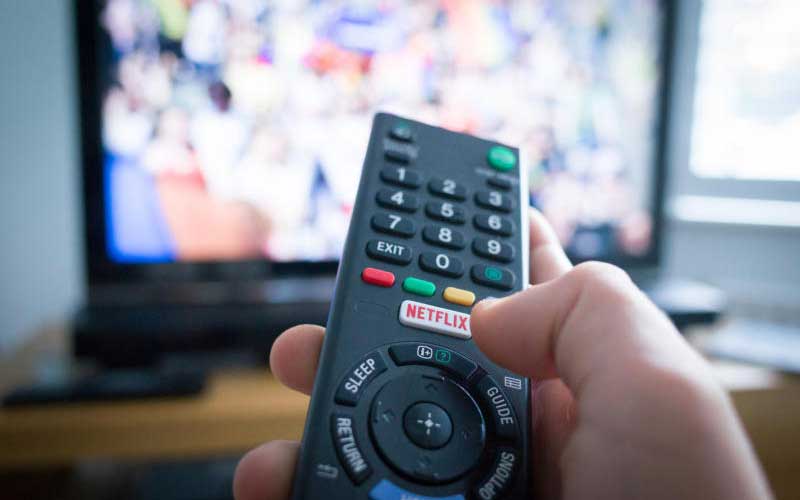×
The Standard e-Paper
Join Thousands Daily

Each year around the equinoxes, the sun aligns with communications satellites and overpower their signals.
You will from today notice occasional interruptions on your television and radio, it is not you — or us, but rather the sun to blame.